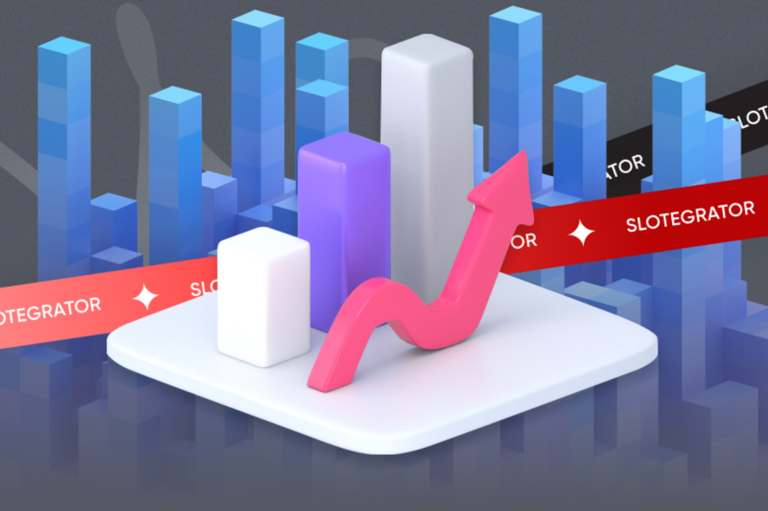Big data plays a huge role in virtually every industry on earth. Businesses have to handle incoming information in speed and amounts that were unimaginable just a few decades ago. Slotegrator reflects how Big Data can be used in iGaming.
The total amount of data in the world is now measured in zettabytes, or 270 bytes — and the vast majority of it was generated in the last few years. As a note, iGaming companies, especially players, produce over 50 terabytes of data a day.
This vast amount of data, commonly referred to as Big Data, presents opportunities for every department in an iGaming business: the marketing team can design promotional campaigns based on player preferences, the finance department can see how effectively the budget is being managed, and the anti-fraud team can stay on top of suspicious activity.
Collecting and sorting the vast volumes of data generated by players can help iGaming brands get a clear picture of who their players are and what they want.
What main advantages does Big Data give online casinos and sportsbooks?
- Personalized retention campaigns. Today’s players expect to be treated like VIPs. How can online casinos make them feel that way? The first step is careful research. By tracking player data, you can learn more about them every time they visit. Using that data, you can build a personalized retention campaign and use real-time marketing to make the player feel valued.
- A detailed player database. Operators need software to store users’ personal information. Segmenting users by age, gender, location, and device is the first step towards giving them a tailored experience. Tracking player behavior and preferences can enable casinos to customize a player’s homepage. If they love blackjack, then the first thing that greets them when they sign in should be every variety of blackjack you offer (hopefully including a live-dealer version). The same goes for slot players, cricket bettors, and punters with a passion for football.
- Using data to combat fraud. Unfortunately, online casinos and sportsbooks are often targets for fraud. Bonus abusers use multiple false or borrowed identities, VPNs, and other tools to sign up, claim a bonus, satisfy rollover, and disappear into the wind. By keeping an accumulated database of fraudulent transactions, operators can develop measures to protect against them in the future.
- Problem behavior analysis. Player protection is key for the industry’s reputation. Sometimes players have to be protected from themselves. Data analysis can reveal indicators of potential problem gambling, and looking out for them can help stop a problem before it starts. Operators can set up a system to generate alerts if a player starts chasing their losses, playing for long periods of time, or playing at night, which are all behaviors commonly associated with problem gambling.
- Key metrics analysis. Some metrics like Gross Gaming Revenue (GGR), Net Gaming Revenue (NGR), Average Revenue Per User (ARPU), First-time Depositors (FTDs), and Churn Rate (CR) must be tracked constantly. This data is essential for assessing the performance of the business.
“Slotegrator’s turnkey casino solution is a ready-to-go platform that runs under the operator’s license, with a customizable frontend and thousands of games. The latest updated platform, among other modules described in this article, offers an artificial business intelligence — or BI — module. This innovative feature doesn’t only offer reporting tools that track, segment, and analyze users and other data from the platform, but also gives an idea about competition. Operators choose the region of operation and type of information and get a comparison of its performance with competitors’ projects — not disclosing the names, but metrics. Big data works in the client’s best interest,” says Dmytro Taran, COO at Slotegrator.
To find out more about the role of Big Data in iGaming, read the new article in Slotegrator Academy.


